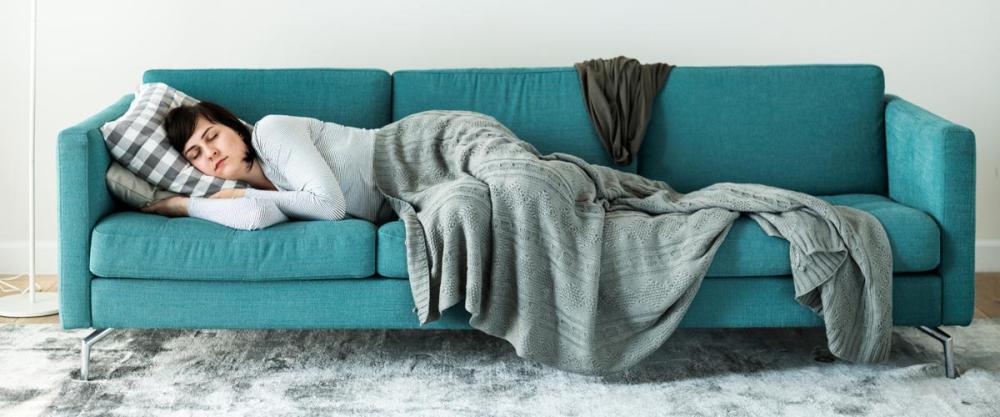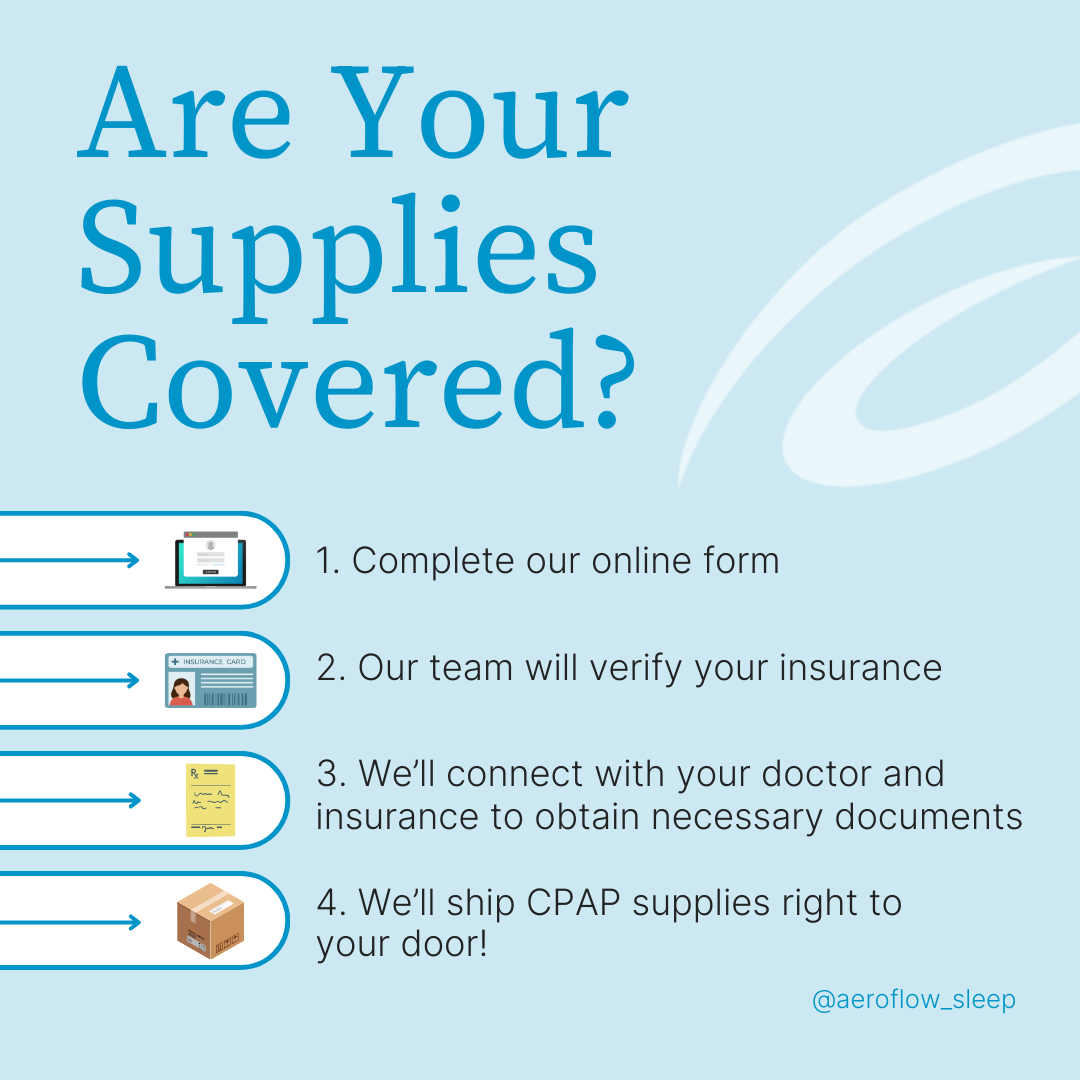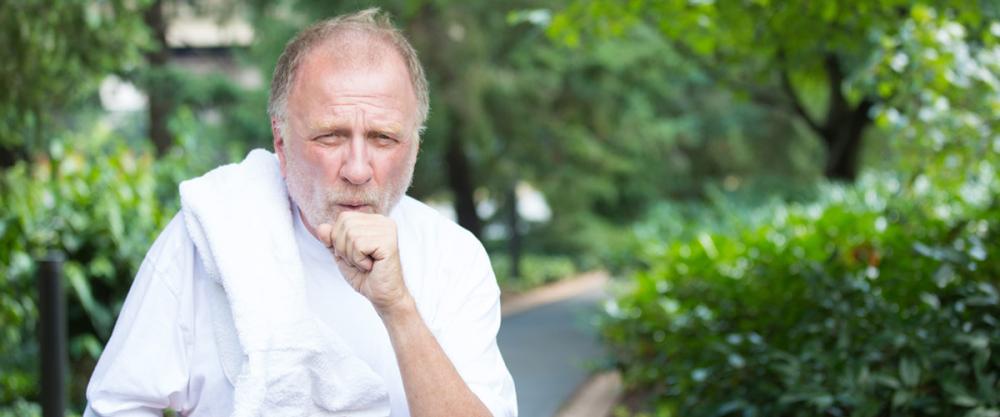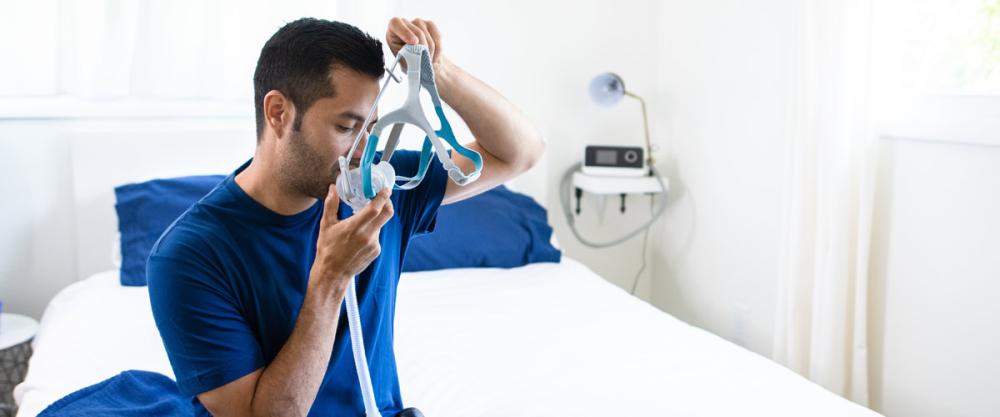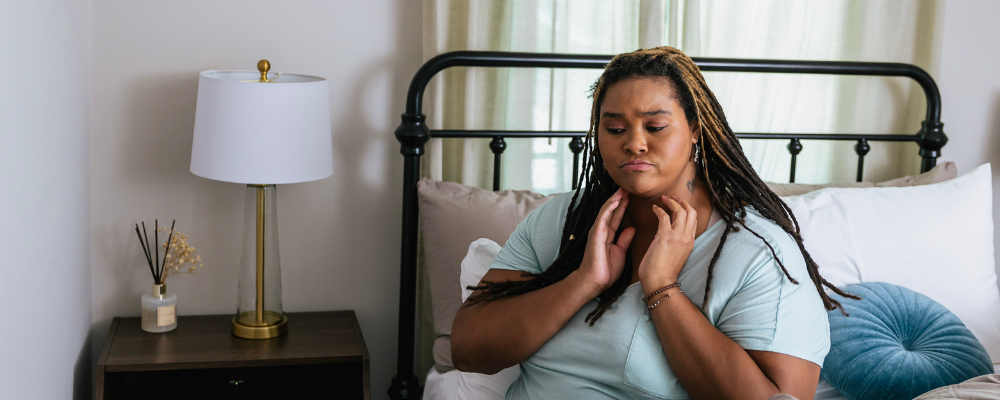Napping has fallen in and out of fashion for centuries; as evidenced by Aristotle who often spoke of a state between sleep and wakefulness, by Leonardo daVinci who claims he slept 20 minutes every four hours while painting Mona Lisa, and by JFK and his wife, Jackie who insisted on a siesta after lunch. Regardless, napping may not be the right choice for you. Follow along as Aeroflow Sleep details the helpful and harmful parts of napping, and then answers: can I still nap if I have obstructive sleep apnea (OSA?)
When Napping Helps
Before we get into the specifics of napping with sleep apnea, there are generally 3 reasons you should take a nap:
- You didn’t get enough sleep the night before
- You’re recovering from an illness or injury
- Your age requires naps to function.
The question that informs the first reason is… How much sleep do we need? The Centers for Disease Control (CDC) recommends adults get at least 7 hours of sleep. Board-Certified Clinical Sleep Coach and founder of SleepBetterNYC, Teresa Power DeNike agrees, “At least 7 hours of sleep improves the likelihood of good quality sleep, which includes many sleep cycles.
“REM sleep tends to increase as the night goes on, so sleeping any less may reduce the amount of healthy REM sleep you get.” So, anything less, and you can take a nap to regain some energy, increase alertness and productivity, and even improve your white blood cell count. Thus, the next reason…
Rest is the best medicine when you’re recovering from an illness or injury, because studies in the National Library of Medicine show a healthy immune system draws its power from your ability to sleep well. Our bodies fight infections better during sleep, because we don’t have to put as many resources into being awake as we do being asleep. Plus, our bodies repair themselves during sleep, especially muscles and tissues. So whether it’s the flu or a sprained ankle, you could benefit from a literal power nap.
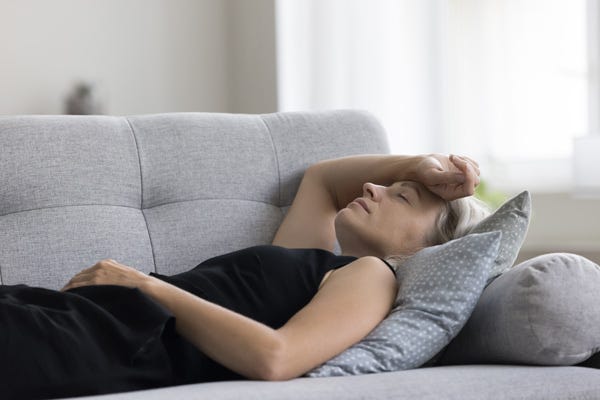

Finally, age matters, because at either end of a person’s life, the recovery process takes longer, needing more naps. Because babies and toddlers’ immune systems are still too young to withstand everything the world exposes us to. From bacteria to bruising, they need more naps. Our elders are similarly vulnerable, but more so because their immune systems have already been compromised after countless fights. All that’s happening with naps as we near the end of our life is extending our lives just a little bit longer.
When Napping Hurts
Still, napping is hurting us more often than not after the age of four. Remember how the CDC recommended 7 hours of sleep? When you sleep for that amount of time uninterrupted, you shouldn’t need a nap. Napping anyway probably means something’s wrong, especially if the naps occur daily.
The Harvard Medical School recently published, “Adults who take long naps during the day may be more likely to have conditions such as diabetes, heart disease, and depression. The urge to sleep during the day may be a sign that they are not getting enough sleep at night, which is associated with a higher risk of developing those chronic conditions.
"In some instances, napping sets up a vicious cycle. You sleep during the day to make up for lost sleep at night, but then you have a harder time falling asleep at night because you slept during the day. Daytime drowsiness may also be a sign that you are getting low-quality sleep, which may indicate a sleep disorder.”
Sleep Apnea Warning Signs
Frequently napping is one of the first warning signs you may have a sleep disorder, so if you haven’t been diagnosed with OSA yet, ask yourself…am I experiencing excessive daytime sleepiness? Other sleep apnea warning signs include:
- Loud snoring
- Weight gain
- Hypertension (high blood pressure)
- Morning headaches, dry mouth, or sore throat
- Waking up gasping or choking
- Irritability or mood swings
These are all symptoms of OSA and, coupled with fatigue or insomnia that causes napping, they indicate you should call your doctor about a sleep study.
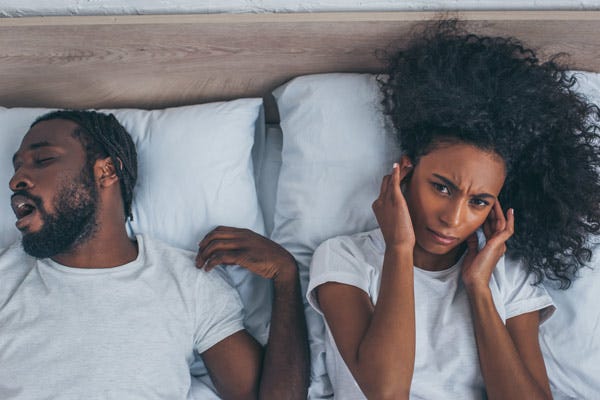

Napping With Sleep Apnea
Of course, many of you are reading this blog because your doctor did perform a sleep study and diagnosed you with one of the three types of sleep apnea: obstructive (OSA,) central (CSA,) or mixed. After all, the question is…can I still nap if I have OSA; the most common type of sleep apnea? And, the answer is—with CPAP—yes.
CPAP stands for continuous positive airway pressure and is the standard treatment option for sleep apnea. It works by having a machine push pressurized air into your nose and/or mouth, via a mask and tube connected to said machine, in order to prevent any apneas or hypopneas; periods where you stop breathing during sleep.
Naps, in their simplest form, are short bursts of sleep. Therefore, it is possible to nap for the helpful reasons we discussed earlier so long as you’re still using your CPAP supplies. Our Sleep Science Advisor, Teresa adds, “[CPAP] can also help you acclimate to overnight treatment! Wearing CPAP during naps can help you get used to wearing the mask for short periods of time and make you feel more comfortable when it’s time for bed.”
If you are not napping for the helpful reasons, you’ll want to revisit napping as an ongoing symptom of your sleep apnea or other possible comorbidities; like the ones listed by the Harvard Medical School. Teresa concludes, “With consistent overnight use, you should feel more energy during the day, as your quality of sleep at night improves. Over time, you may find that you don’t need to nap. However, if you continue to feel excessive sleepiness, your CPAP supplies or pressure may be adjusted to treat you more effectively.”
Always consult your doctor if something doesn’t feel right, even how often you nap.
Always consult your doctor if something doesn’t feel right, even how often you nap.
Where Can I Get CPAP Supplies?
CPAP supplies can be purchased out-of-pocket or covered in part—maybe in full—by insurance. Aeroflow Sleep specializes in the latter, working with your provider to get you the best coverage possible. When you order from us, we first verify that you are in-network from the information you fill out in our 7-minute questionnaire, then we contact your doctor for your prescription as well as any necessary paperwork, and finally, we ship your machine, mask, and accessories right to your door.
The best part is that we don’t just get you CPAP supplies. We are here to help you on your sleep apnea journey, however long that is. You will be paired with a dedicated Aeroflow Sleep Specialist who can answer any questions you may have. First-time CPAP users will also meet with a clinician 1:1, either in person or via telehealth, and receive a full consultation on how to set up and use your new supplies. Not to mention, we’ll be in touch with you when your insurance is ready to cover replacement parts.
So whether your head hits the pillow for minutes or hours, get your CPAP supplies through Aeroflow sleep and get the peace of mind that we are on your side.
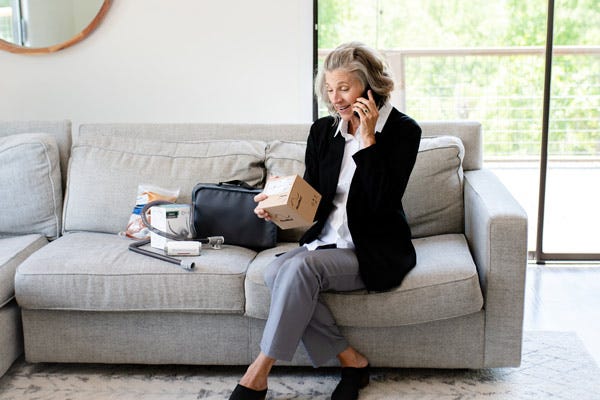

References
Guardian News and Media. (2021, August 27). From Aristotle to Einstein: A Brief History of Power Nappers. The Guardian. https://www.theguardian.com/lifeandstyle/2021/aug/27/from-aristotle-to-einstein-a-brief-history-of-power-nappers
Centers for Disease Control and Prevention. (2022, September 14). How much sleep do I need?. Centers for Disease Control and Prevention. https://www.cdc.gov/sleep/about_sleep/how_much_sleep.html
Imeri, L., & Opp, M. R. (2009, March 10). How (and why) the immune system makes us sleep. Nature reviews. Neuroscience. https://www.ncbi.nlm.nih.gov/pmc/articles/PMC2839418/
Bilodeau, K. (2021, June 1). Is your daily nap doing more harm than good?. Harvard Health. https://www.health.harvard.edu/staying-healthy/is-your-daily-nap-doing-more-harm-than-good


